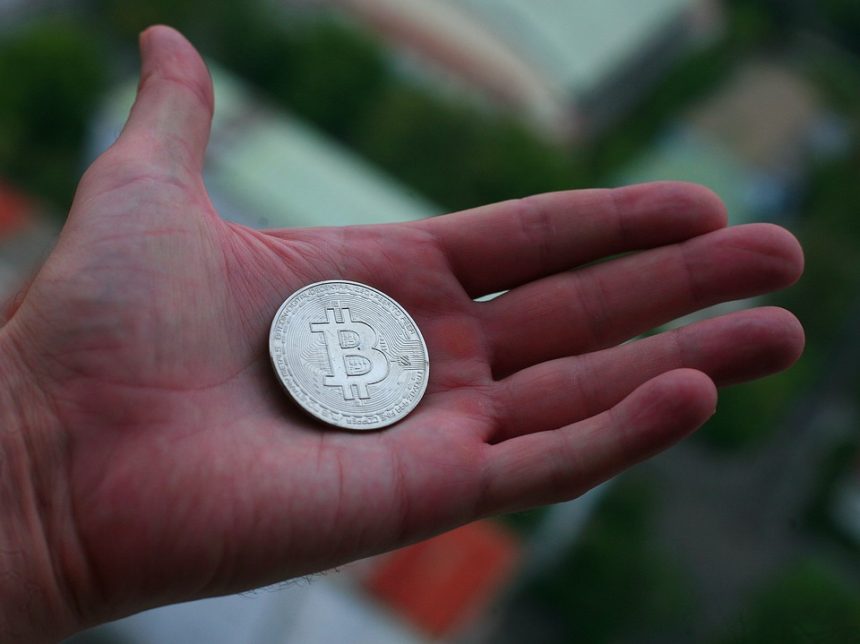In an era where data is often referred to as the new oil, the conversation surrounding user privacy and data ownership has never been more critical. The rise of decentralized applications (dApps) is redefining this landscape, providing users with greater control over their personal information and fostering a shift toward more transparent and secure digital interactions.
The Traditional Model: Centralized Control
Traditionally, user data has been controlled by centralized entities—corporations that offer services in exchange for personal information. This model tends to prioritize profit over user privacy, leading to concerns about data breaches, unauthorized use, and surveillance. In many cases, users have little recourse to protect their data once it is shared, which often results in a lack of trust in digital platforms.
Centralized systems typically require users to register with email addresses, phone numbers, and other personal identifiers, creating a digital footprint that is meticulously tracked. This infringes on privacy as companies monetize user data through targeted advertising and other means, often with few safeguards in place for user protection.
Enter dApps: A New Paradigm for Privacy
Decentralized applications (dApps) emerge as a potential solution to the challenges posed by centralized systems. Leveraging blockchain technology, dApps operate on a peer-to-peer network that eliminates the need for intermediaries. This decentralization leads to several key benefits that enhance user privacy and data ownership.
1. Enhanced Control Over Personal Data
With dApps, users have the ability to own and control their data without the need to surrender it to a third party. Blockchain technology allows for data to be stored on a decentralized ledger, meaning that users can access and manage their information securely. They can choose what data to share, with whom, and for how long. This feature empowers users to take back ownership of their information, a significant shift from the traditional model.
2. Immutability and Transparency
Data stored on the blockchain is immutable, meaning it cannot be altered or deleted without consensus from the network. This creates a transparent record of transactions and interactions, which can help prevent data manipulation and fraud. Users can trust that their information is safe from unauthorized alterations, fostering a sense of security in digital environments.
3. Anonymity through Cryptographic Techniques
Many dApps utilize cryptographic techniques to protect user identities, allowing for anonymous transactions. This facilitates a more private online experience, as personal information is not tied directly to user interactions. For example, decentralized finance (DeFi) platforms often allow users to trade or lend assets without needing to provide sensitive personal information, thereby preserving anonymity while still enabling robust financial activities.
4. Smart Contracts for Data Sharing
Smart contracts—self-executing contracts with the terms of the agreement directly written into code—allow for complex interactions while maintaining user privacy. Users can automate and control their data-sharing agreements, deciding when and how their information can be used. This level of granularity ensures that users remain in command of their data and can revoke access at any time.
5. User-Centric Business Models
As dApps shift the focus back to users, we are seeing the emergence of business models that prioritize user welfare. Many decentralized platforms are built on the principles of community and collaboration, often rewarding users for their participation and contributions. By aligning incentives with user interests, dApps promote a healthier digital economy that respects user privacy and ownership.
Challenges and Considerations
Despite the promising potential of dApps, several challenges remain. For instance, the user experience can vary significantly compared to traditional applications, which may hinder widespread adoption. Additionally, the regulatory landscape around dApps is still evolving, and potential legal concerns could impact how these platforms operate.
Moreover, while decentralization greatly enhances privacy and ownership, users must take responsibility for securing their data. This requires a certain level of technical understanding that may not be accessible to the average user, raising questions about inclusivity in the digital age.
Conclusion: A Future of Empowerment
As we navigate the complexities of the digital age, dApps represent a transformative step toward redefining user privacy and data ownership. By providing enhanced control, transparency, and innovative business models, they empower users to reclaim their digital identities from centralized entities. While challenges remain, the drive towards a more decentralized internet continues to gain momentum, heralding a future in which users can finally take charge of their data—one transaction at a time.
As technology evolves, the ongoing development and refinement of dApps will play a crucial role in shaping a digital world that values and protects user privacy, ensuring that data ownership truly returns to the individual.





